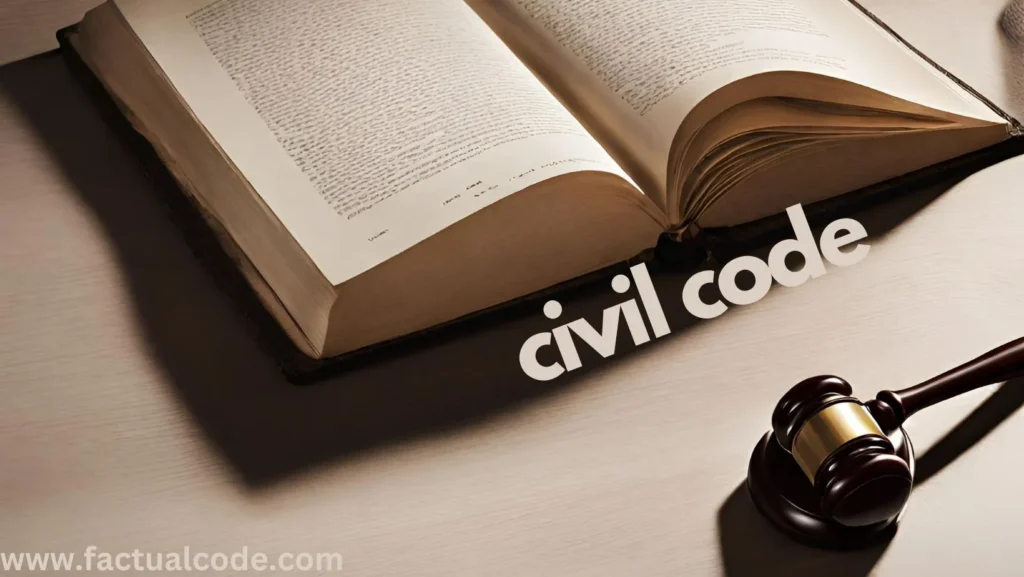Substantive law constitutes the foundational legal framework that delineates the rights, duties, and liabilities of individuals and entities. It serves as the core of both civil and criminal jurisprudence, distinct from procedural law, which governs the mechanisms for enforcing these legal rights and obligations. This branch of law establishes the substantive norms that guide judicial determinations and societal governance.
Characteristics of Substantive Law
Definition of Rights and Liabilities: Substantive law articulates legal entitlements, responsibilities, and liabilities, forming the basis of legal claims and defenses.
Normative Structure: It lays down fundamental legal principles that underpin judicial decision-making.
Source of Legal Authority: Derived from statutory enactments, constitutional provisions, judicial precedents, and international legal frameworks.
Regulation of Legal Relationships: It governs interactions between private individuals as well as between individuals and the state.
Prescription of Legal Consequences: Establishes the penalties and remedies applicable to statutory violations.
Sources of Substantive Law
Legislative Enactments: Codified statutes such as the Indian Penal Code (now Bharatiya Nyaya Sanhita, 2023) and the Indian Contract Act, 1872.
Judicial Precedents: Stare decisis principles developed through landmark case laws that shape legal interpretation.
Constitutional Provisions: The supreme law of the land, outlining fundamental rights, directive principles, and the state’s role in legal governance.
Customary and International Law: Recognized customs and international treaties influencing domestic legal norms.
Types of Substantive Law
1. Civil Law
Governs disputes involving private rights and obligations.
Provides remedies such as compensatory relief, specific performance, and injunctions.
Examples: Contract Law, Tort Law, Property Law, and Family Law.
2. Criminal Law
Defines punishable offenses and prescribes corresponding penalties.
Focuses on deterrence, retribution, and societal protection.
Examples: Bharatiya Nyaya Sanhita, 2023 (formerly IPC), the Protection of Women from Domestic Violence Act, 2005, and the POCSO Act, 2012.
Challenges and the Role of Judicial Review
Complexity and Accessibility: The technical nature of substantive law necessitates expert legal interpretation.
Judicial Discretion: Courts play a pivotal role in the application and evolution of substantive legal doctrines.
Risk of Rigidity: Strict statutory interpretation may lead to inequitable outcomes.
Constitutional Review: Courts hold the authority to assess the validity of substantive laws against constitutional mandates, as evidenced in cases like the NJAC judgment (2016), which reaffirmed judicial independence.
Conclusion
Substantive law forms the bedrock of the legal system, ensuring order and justice by defining rights, obligations, and legal consequences. Its dynamic nature, shaped by legislative developments and judicial interpretation, underscores its fundamental role in the administration of justice and the protection of individual and collective rights.

